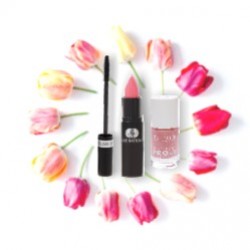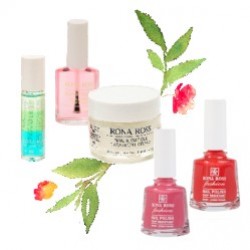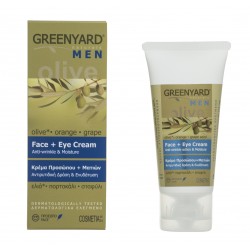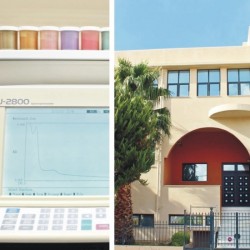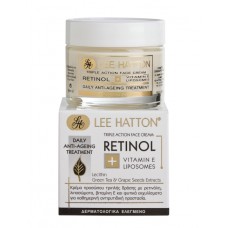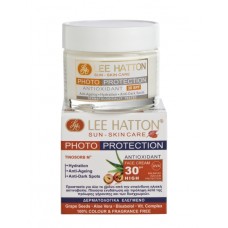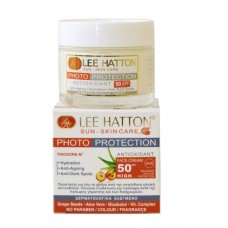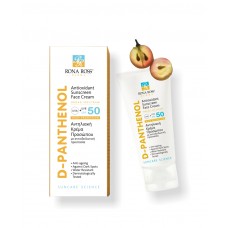Blue Light. Do You Know Everything You Should Know?
How to protect yourself from the blue light of screens.
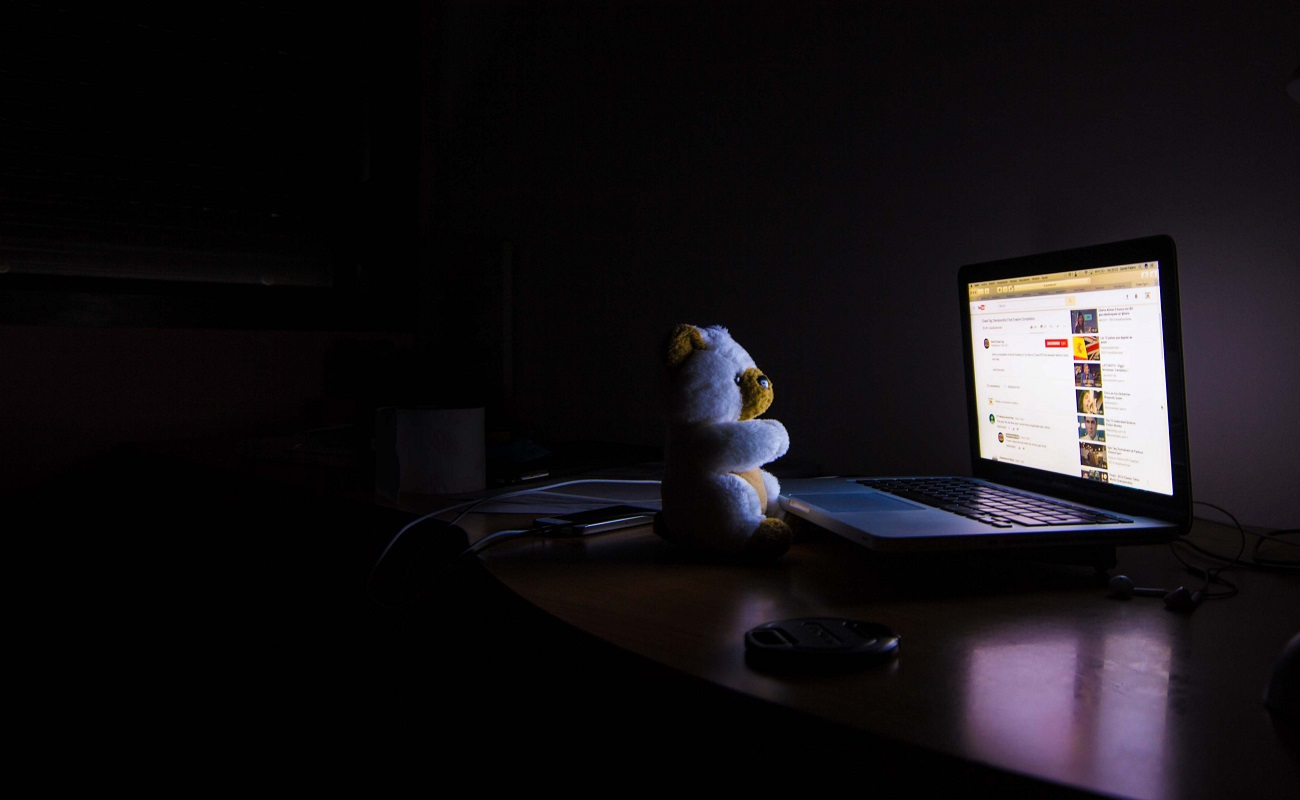
Surely you have heard about blue light, especially in relation to the use of electronic devices. But how sure are you that you know everything you should know? The answers to the following five questions will definitely give you an insight into this subject and provide all necessary information on how to protect yourself from any negative effects blue light might have.
What is blue light?
Blue light is known as high-energy visible light and is the natural part of sunlight that is next to ultraviolet light in the spectrum, it falls in the wavelength range of approximately 400 to 500 nm and is responsible for the blue colour of the sky.
How does it affect our body?
The sunlight that we are used to for millions of years consists of about 25% to 30% blue light. The percentage of this blue light decreases by the afternoon, setting our body on night mode. This means that blue light regulates our sleep/wake cycle or circadian rhythm. The rich blue light of the morning sun inhibits the release of the sleep hormone melatonin and therefore wakes us up. On the contrary, the red shades of sunlight and absence of blue light in the evening reverse the process and prepare us for sleep. Additionally, adequate exposure to blue light during daytime helps the body keep awake and enhances the mood, memory, cognitive function and health in general.
What has changed?
In the last years, blue light has invaded interior spaces, as it is produced by the screens of electronic devices such as televisions, computers, smart phones and tablets at even higher levels than emitted by the sun. Today, the increasing number of electronic devices in our daily lives exposes us to more blue radiation than ever. Just think of how many hours you spend in front of the screen of your computer, tablet, television or phone. Do you know that this can have an impact on your health and well-being?
What happens in case of excessive exposure?
Exposure to blue light during the night tricks the circadian rhythm. This way, melatonin production is suppressed, leading to insomnia and poor, irregular sleep. Sleeping problems not only cause a feeling of tiredness, but can also lead to more serious conditions such as obesity, depression, mood swings and heart diseases.
Additionally, the eyes are strained from the prolonged exposure to the blue light of screens. This can be the reason that you experience itching, burning and dryness in your eyes or even headache after a busy day in front of the computer, especially if the screen is the only bright object in a dark room. Chronic exposure to blue light can even damage the photoreceptors, i.e. the cells that react to light, forming free radicals that can cause oxidative damage which can then lead to vision problems and even macular degeneration.
Finally, blue light can have negative effects on the skin, causing digital aging. It penetrates deep into skin, forms free radicals, causes oxidative damage and accelerates the aging process, making signs such as wrinkles and spots visible sooner.
What can you do to protect your body?
Digital devices are now part of modern life and the exposure to them is inevitable. However, you can adopt certain habits to help you protect yourself from the negative effects of blue light:
-Set the brightness of your screens to a lower level or, even better, reduce the time you use electronic devices.
-Buy filters for your screens or special glasses that bind blue light. You can install an application that regulates the emission of blue light from your screens.
-Spend your free time reading a book, practising your favourite hobby or taking a walk instead of sitting in front of a screen.
-Say “good night” to technology at least two hours before you go to sleep.
-In order to protect your eyes and skin, enrich your nutrition with carotenoids that filter blue light. You will find them in carrots, tomatoes, peaches and water melons. Foods as spinach and kale that are rich in lutein and zeaxanthin, the carotenoids related to a reduced risk of macular degeneration, are beneficial for the eyes and protect them from the impact of blue light.
-Besides proper nutrition, you can protect your skin by using special creams with sunscreen filters and antioxidants.
Remember that blue sunlight is beneficial for your normal body function and well-being. What you should be careful of is the digital strain and problems caused by blue light due to the excessive use of technology.
Christina Sakellariou, Chemist - HR manager Cosmetia
The article has also been published on Thrive Global Greece: https://www.thriveglobal.gr/arthra/mple-fos-xereis-osa-prepei/


